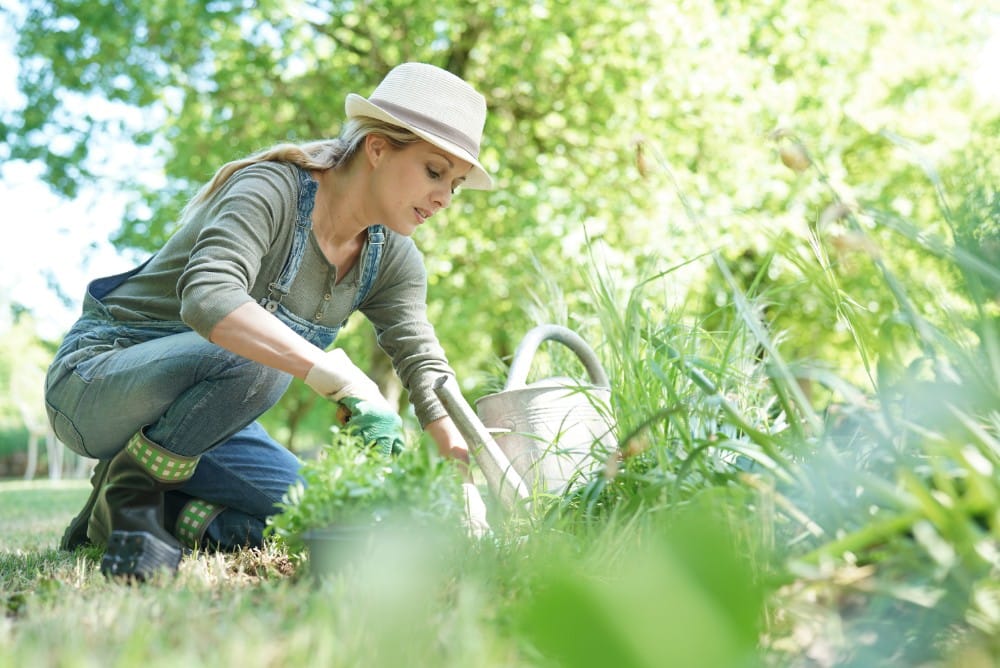
Why it May Be Time to Try Horticultural Therapy
Gardening and getting your hands dirty may not be the first thing you think about when considering therapy. Yet, from prisoners to survivors with PTSD and other people who struggle with addiction, horticultural therapy is helping heal old wounds. The focus on planting and seeing something grow you cultivated with your own hands is only one of the many reasons why horticultural therapy is so therapeutic. Find out more about why it may be time to consider this for your journey of healing.
Garden Science
The brain and body are impacted by addiction, which makes it all the more important to focus on healing those parts that need extra support. Stress reduction is important, along with healing mental health conditions that can keep a person locked in a fight with substances. Variables like diet and environment play a key role in being able to stay sober and healthy. For those who want to give it a try, horticultural therapy can help manage emotional and behavioral challenges.
Healing the Past
One of the great ways to practice horticultural therapy is to plant a vegetable garden. There is something about growing your own food that is its own reward. Rather than growing beautiful flowers, you get to grow something you can put in your body that is healthy. With a garden, people get to cultivate the land, work the soil, and learn how to create a stable place for plants to grow with just the right amount of sun and dirt to make it come to life. Learning how to grow plants or food can be healing for people with addiction. Some other ways it helps heal include:
- Seeing the connection between healing your past and cultivating growth in plants
- Practicing presence in the moment without screens or other distractions
- Planning for the future and attending to the plants to help them mature and grow
- Taking the fruit of labor and enjoying it with family and friends or even learning how to sell it to make extra money
Delayed gratification is not something people who fight addiction do well at first in recovery because they have been used to getting a fix for what they want with substances or behavioral triggers. Do this, get this response. That is what hardware the brain to desire more of a drug or behavioral interaction. When you practice horticultural therapy, you learn that seeds don’t grow overnight. A chrysalis does not develop overnight. It takes cultivation and patience to see the fruit actually come to bear out what it is meant to bear out and then enjoy the result of that work later down the road. This can help people in recovery see the benefit of working now for a later payoff, which can aid them in healing in recovery.
The Palmetto Center works to help people learn how to live free of addiction. Skilled therapists and trained counselors help you navigate recovery your way. Our program provides special focus for professionals including chiropractors, nurses, doctors, lawyers, and more who need help with addiction recovery. Call us to find out more: 866-848-3001.